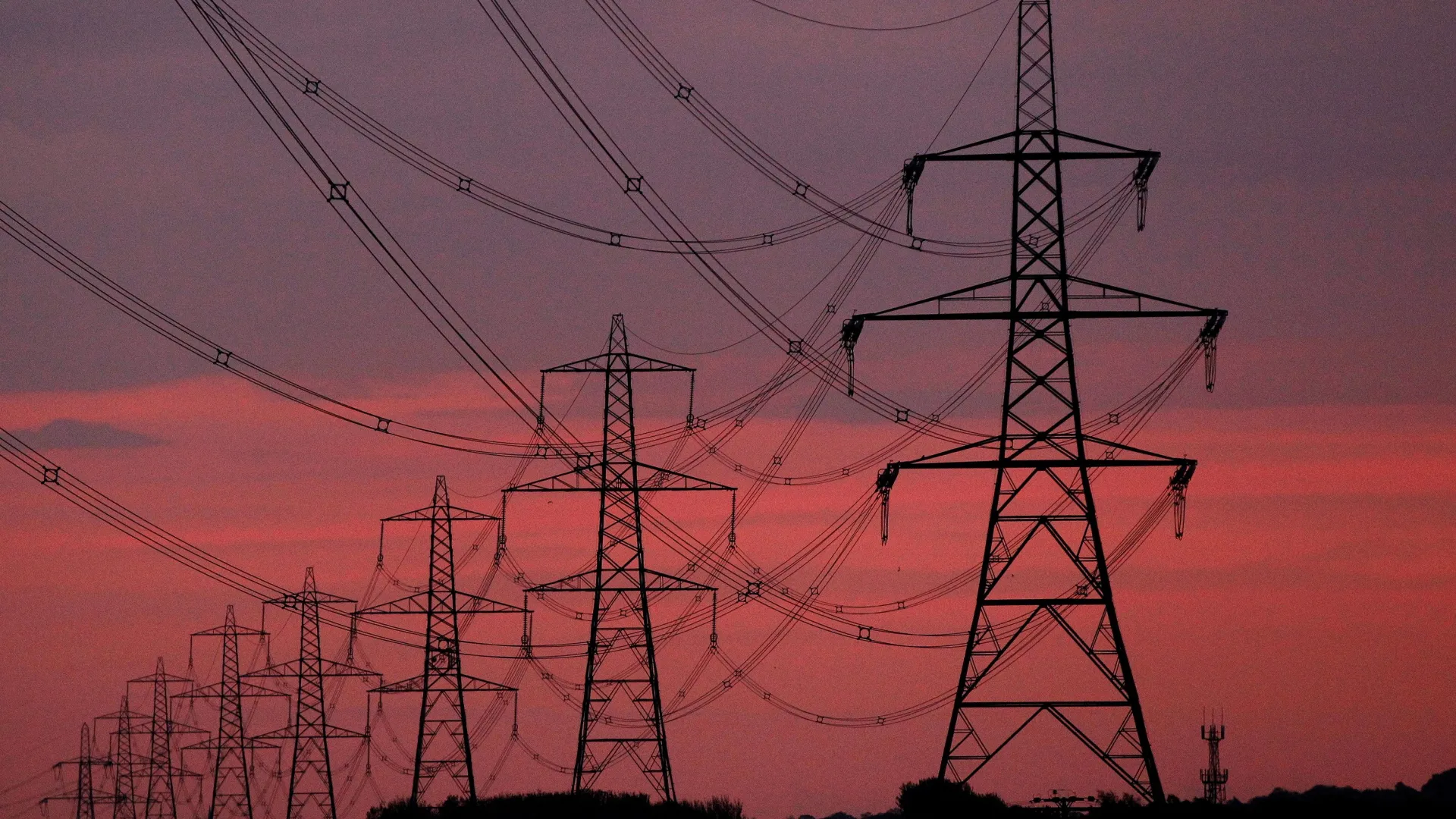UK households face soaring energy bills due to high-interest rates, with projections foreseeing a £29 billion surge by 2050.
A dire warning has been issued regarding the potential financial burden facing UK households as a result of persistently high-interest rates, with projections suggesting energy bills could surge by a staggering £29 billion ($36 billion) per year by 2050.
This revelation comes from a comprehensive report by the Resolution Foundation, shedding light on the intricate interplay between monetary policy, energy transition investments, and the financial stability of low-income families.
While pivotal for environmental sustainability, green energy initiatives are proving to be substantially more capital-intensive than traditional fossil fuel-based systems. The bulk of investment in renewable infrastructure occurs upfront, rendering these projects particularly susceptible to fluctuations in interest rates.
Jonathan Marshall, a senior economist at the Resolution Foundation, emphasized the potential for cleaner energy to translate into cost savings, hinging on a return to the low interest rate environment of the 2010s. However, Marshall cautioned against banking on such a scenario, warning that persistently high interest rates could instead drive energy costs upwards in the foreseeable future.
The repercussions of these escalating costs are felt disproportionately by low-income households, whose energy bills represent a larger share of their overall income.
The report paints a grim picture of the financial strain that could ensue if borrowing costs in the private sector remain elevated at around 9%. Under such circumstances, the additional burden on households could amount to a staggering £29 billion, significantly exacerbating financial hardship for the most vulnerable segments of society. In contrast, a more moderate borrowing rate of 5% would still result in a nearly one-third increase in electricity costs.
Alarmingly, these heightened costs threaten to overshadow the potential benefits of green initiatives such as the electrification of transportation, highlighting the urgent need for targeted interventions to mitigate the impact on consumers.
In response to these concerning findings, the report puts forward several recommendations aimed at alleviating the burden on consumers. One proposed measure involves leveraging government funding, rather than relying solely on charges imposed on energy bills, to finance the construction of new power networks. By spreading the financial load more equitably across income levels, such initiatives could help mitigate the disproportionate impact on low-income households.
As the UK endeavors to accelerate its transition towards a more sustainable energy landscape, policymakers face a formidable challenge in reconciling the imperative of environmental stewardship with the pressing need to safeguard the economic well-being of all citizens. Failure to address the looming threat of inflated energy costs could exacerbate existing inequalities and hinder progress towards a greener, more inclusive future.
In light of these findings, calls for decisive action to address the root causes of escalating energy bills are growing louder, underscoring the critical importance of implementing policies that prioritize both environmental sustainability and social equity in the years to come.
